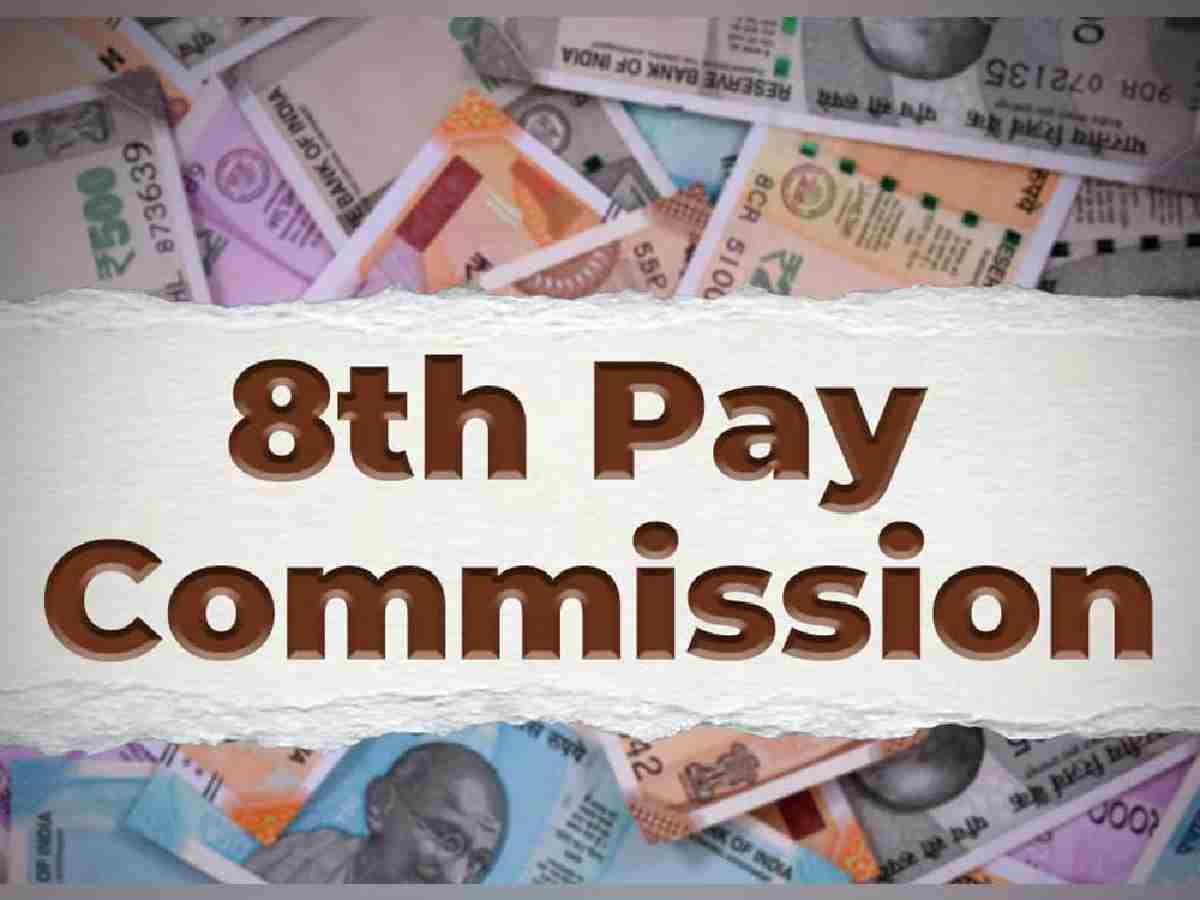
Prime Minister Narendra Modi has approved the establishment of the 8th Pay Commission to revise the salaries of approximately 50 lakh central government employees and the allowances of 65 lakh pensioners.
The chairman and two members of the Commission will be appointed soon, according to Information and Broadcasting Minister Ashwini Vaishnaw. “The Prime Minister has approved the 8th Central Pay Commission for central government employees,” the minister announced.
The term of the 7th Pay Commission, constituted in 2014 and implemented in 2016, will end in 2026. To ensure sufficient time for the new recommendations, the process for the 8th Pay Commission will commence in 2025, Vaishnaw stated. This step ensures recommendations are received and reviewed well before the current term’s conclusion.
Prime Minister Modi emphasised the benefits of this decision, stating it would enhance consumption and improve the quality of life for employees. Sharing his thoughts on X, he said, “We are all proud of the efforts of all Government employees, who work to build a Viksit Bharat. The Cabinet’s decision on the 8th Pay Commission will improve quality of life and give a boost to consumption”.
Pay Commissions are integral in determining salary structures, benefits, and allowances for government employees. They consult extensively with central and state governments and other stakeholders before presenting recommendations. Most state-owned organizations also align their policies with these recommendations.
Sources indicate that approximately 50 lakh central government employees, including defence personnel, and 65 lakh pensioners will benefit from this move. In Delhi, around 4 lakh employees, including defence and Delhi government personnel, are expected to gain. Historically, salaries of Delhi government employees have increased in line with central pay commissions. The upcoming Delhi assembly elections on February 5, 2025, add significance to this announcement.
The 7th Pay Commission’s implementation in 2016 led to an additional expenditure of Rs 1 lakh crore for the fiscal year 2016-17. Typically, the central government sets up a new pay commission every decade to revise employee remuneration. These commissions also recommend updates to dearness allowance and relief formulas to offset inflation for employees and pensioners. Many state governments follow the central pay commission’s lead in revising their employees’ pay structures.
Manjeet Singh Patel, National President of the All India NPS Employees Federation, welcomed the government’s decision, calling it a pro-employee and progressive step. He noted that over one crore employees and pensioners would benefit. Patel added that the move would significantly contribute to employee welfare and encourage greater efforts toward achieving the vision of Viksit Bharat by 2047.
“All India NPS Employees Federation, with over five lakh members, wholeheartedly welcomes this decision by the Modi government,” he said, emphasising its importance for the welfare and motivation of government employees.
(With inputs from PTI)
Delhi hosted what organisers describe as the world’s first player auction in golf, launching ‘72…
An elderly woman recalls how her six-year-old granddaughter lay bleeding after a speeding car hit…
Municipal Corporation of Delhi plans a unified policy enabling RWAs to adopt and maintain parks…
A 17-year-old boy allegedly died by suicide after jumping before a moving train at Uttam…
Delhi High Court grants bail to 26-year-old Thar driver accused of mowing down two in…
Two Rohini men arrested for fatally stabbing one person and injuring another during a robbery…